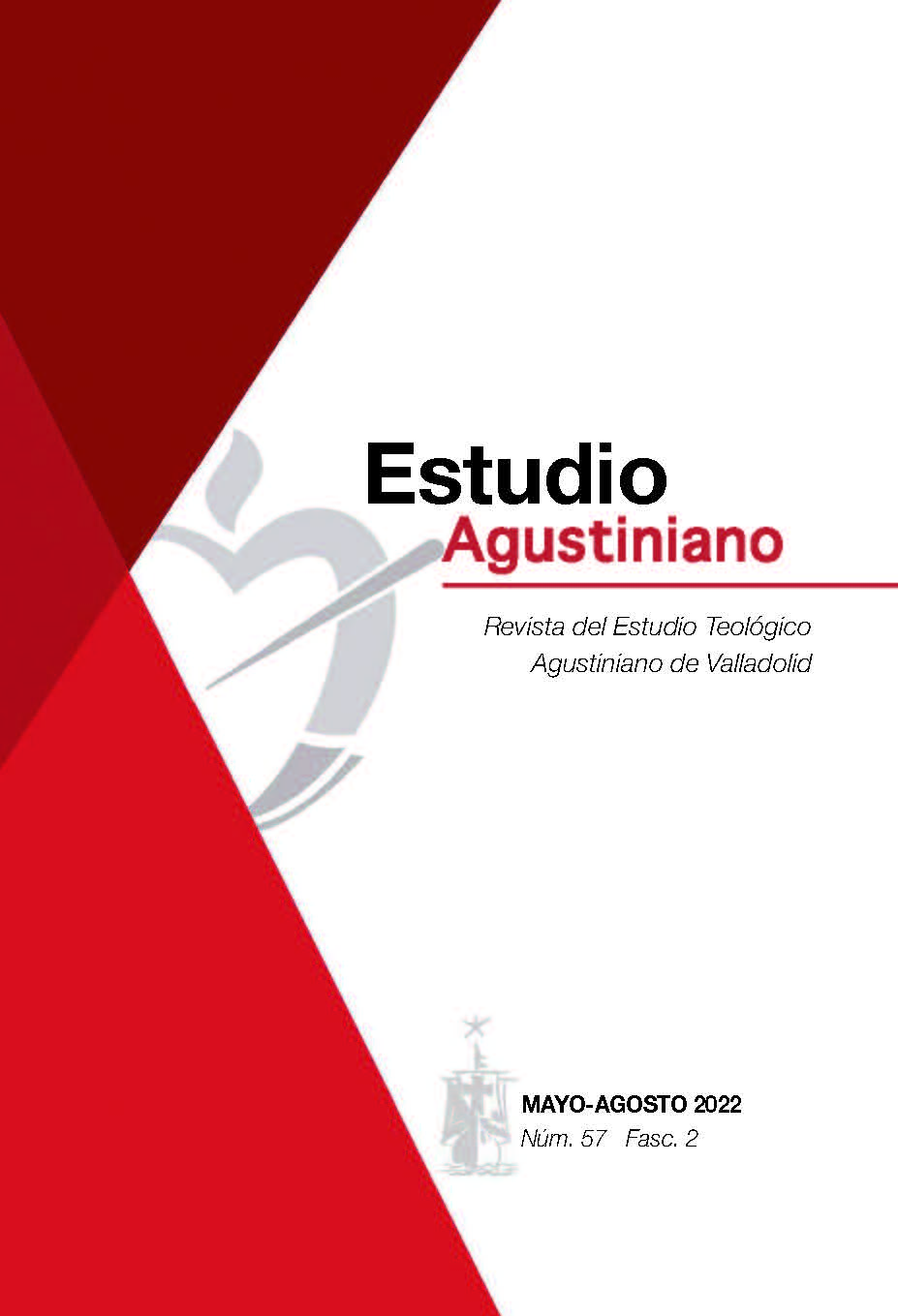Divergencias y convergencias del estoicismo de la época imperial con el cristianismo primitivo
DOI:
https://doi.org/10.53111/estagus.v57i2.1057Keywords:
Hellenistic philosophy, early Christianity, stoicism, Epictetus, Seneca, Platonism, Hellenistic philosophy, Early Christianity, Stoicism, Epictetus, Seneca, PlatonismAbstract
The objective of this work is to study the convergences and divergences between Stoicism and early Christianity, since they participate in the same Hellenistic cultural world. In our study we refer to the Roman Stoicism of the imperial age–contemporary with early Christianity– which, although originating in Palestine, will have a special impulse and development in Rome. We will focus on studying the influences and divergences of Stoicism in the early Christian writings, more specifically, the letters of Paul, since it is greater than what has been normally considered. However, from the second century AD. the philosophy that most influenced Christian thought was basically Platonism. We will insist first on the disagreements between Stoicism and Christianity, since Christians cannot accept from Stoicism the doctrine about the nature of God, the cycles of the world and the conflagration and about destiny. On the other hand, Christianity appreciates and receives its ethical conception from Stoicism, that is, it admires the Stoics for their moral integrity. We can affirm that Stoicism is the philosophical school that presents a moral teaching closest to Christianity.
Downloads
Published
Issue
Section
License
Copyright (c) 2022 Javier Antolín Sánchez

This work is licensed under a Creative Commons Attribution-NonCommercial-NoDerivatives 4.0 International License.




